If you are searching about PPT - Prokaryotes: Bacteria & Archaebacteria PowerPoint Presentation you've came to the right web. We have 9 Images about PPT - Prokaryotes: Bacteria & Archaebacteria PowerPoint Presentation like PPT - BACTERIA & PROTISTS HAVE CHARACTERISTICS OF LIVING THINGS, WHILE, Multicellular Vs. Unicellular Organisms and also Solved: Drag The Term, Picture, Or Description From The Le... | Chegg.com. Read more:
PPT - Prokaryotes: Bacteria & Archaebacteria PowerPoint Presentation
 www.slideserve.com
www.slideserve.com bacteria chemosynthetic ppt prokaryotes archaebacteria powerpoint presentation slideserve
PPT - BACTERIA & PROTISTS HAVE CHARACTERISTICS OF LIVING THINGS, WHILE
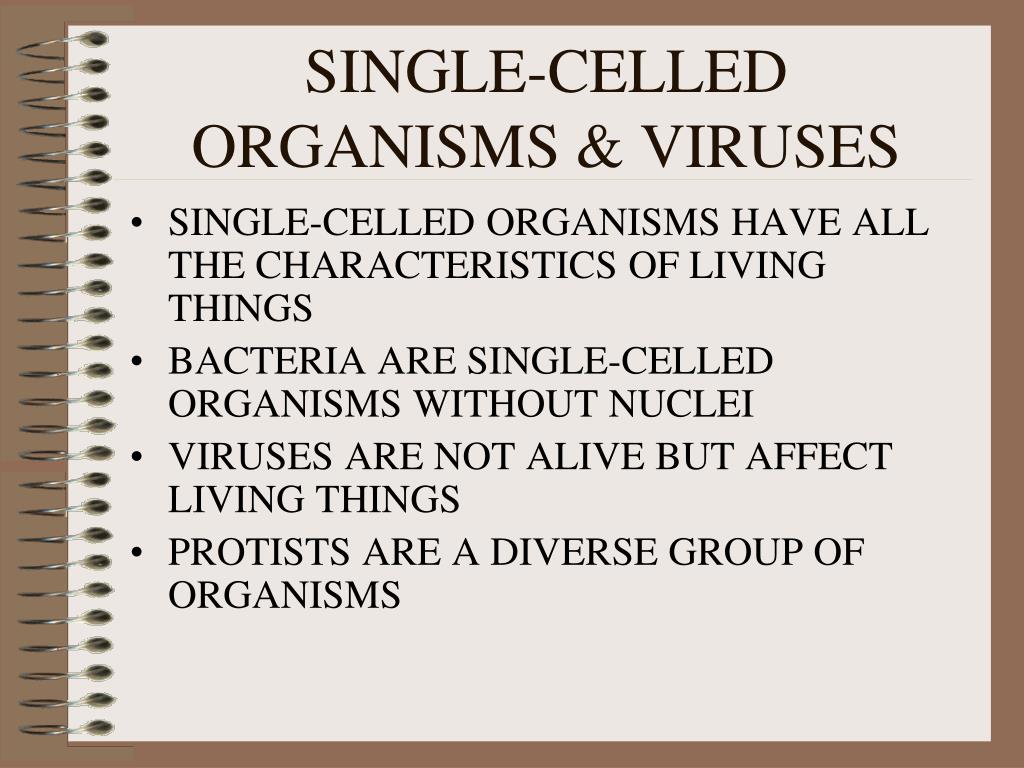 www.slideserve.com
www.slideserve.com viruses characteristics living organisms bacteria things celled single protists alive while ppt powerpoint presentation
Solved: Drag The Term, Picture, Or Description From The Le... | Chegg.com
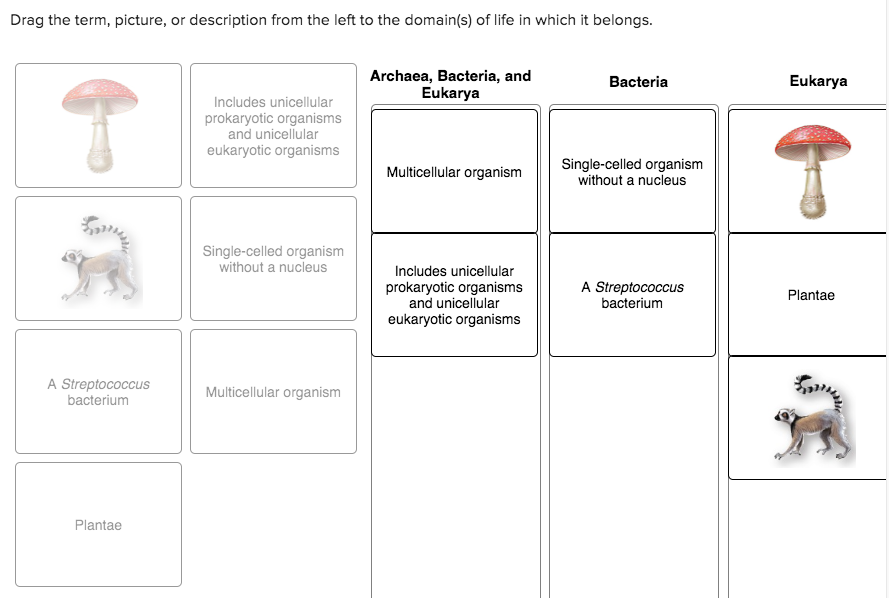 www.chegg.com
www.chegg.com term belongs domain left drag which solved
Multicellular Vs. Unicellular Organisms
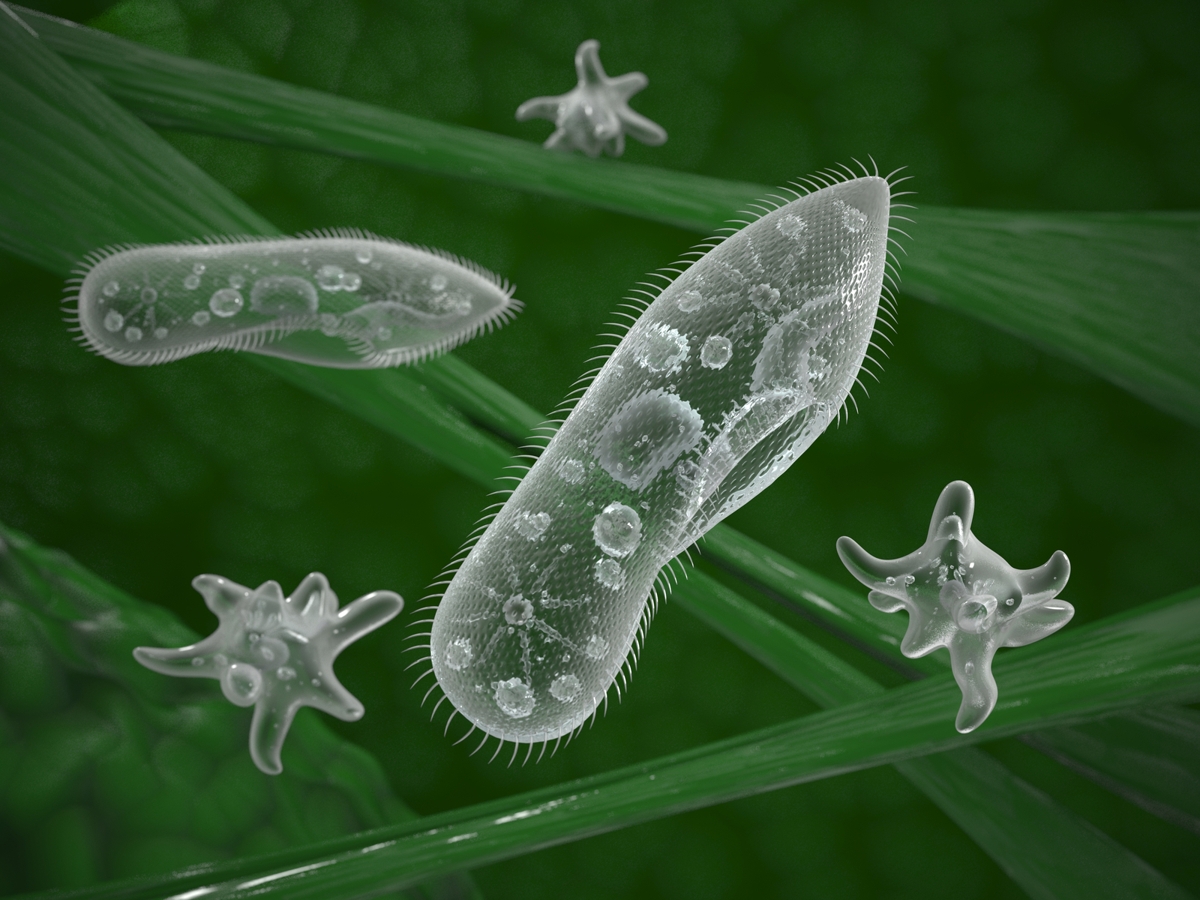 www.buzzle.com
www.buzzle.com organisms unicellular multicellular
Viruses/bacteria By Marybeth Mineo
 www.haikudeck.com
www.haikudeck.com How Does Bacteria Cause Disease?
bacteria disease cause std causes infection does diseases herpes microorganisms germs microbiology sinus exploding superbugs source bug microbial lactobacillus common
PPT - Monerans PowerPoint Presentation - ID:1201902
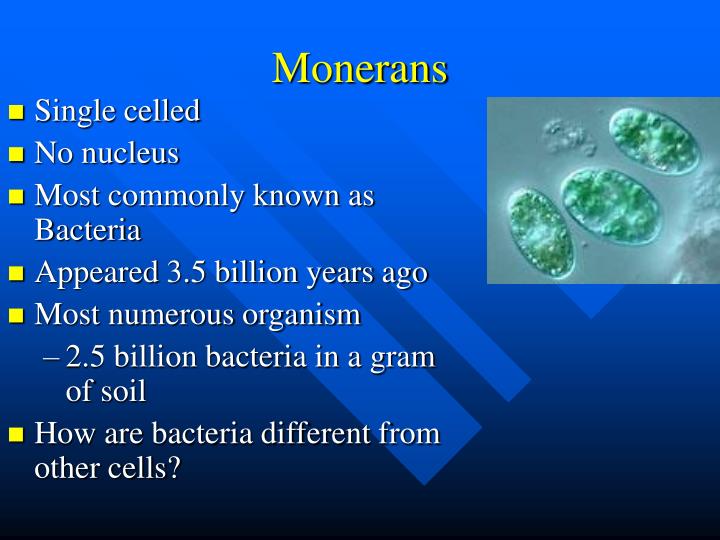 www.slideserve.com
www.slideserve.com ppt powerpoint presentation
PPT - Clinical Medical Assisting PowerPoint Presentation, Free Download
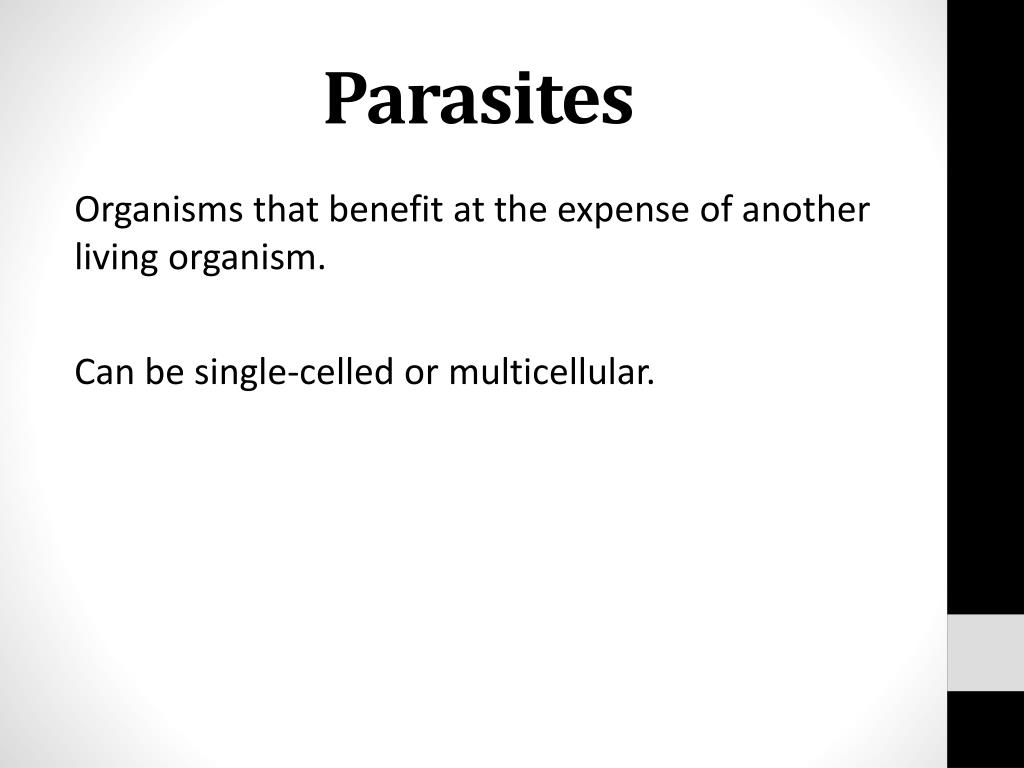 www.slideserve.com
www.slideserve.com parasites clinical assisting medical ppt powerpoint presentation organism multicellular expense celled organisms benefit another single living
PPT - Microbiology PowerPoint Presentation - ID:3010557
 www.slideserve.com
www.slideserve.com bacteria microbiology harmful helpful ppt powerpoint presentation oxygen
Viruses characteristics living organisms bacteria things celled single protists alive while ppt powerpoint presentation. Bacteria disease cause std causes infection does diseases herpes microorganisms germs microbiology sinus exploding superbugs source bug microbial lactobacillus common. Multicellular vs. unicellular organisms